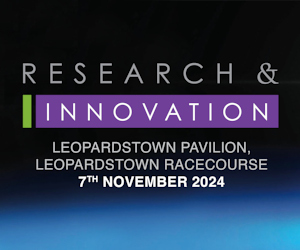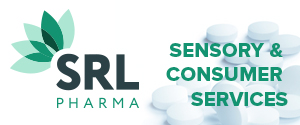Diaceutics to Use Artificial Intelligence to Improve Diagnosis and Treatment of Patients

Diaceutics, the Irish company helping patients to receive potentially lifesaving medicine through better diagnostic testing, has announced a collaboration with computer hardware manufacturer Lenovo, and chip manufacturer Intel. The collaboration will enable Diaceutics to leverage their vast proprietary database of patient testing data in a revolutionary way.
Using artificial intelligence (AI) to see whether patients can be grouped according to diagnostic test information, the company is hopeful that this data can help identify ways to improve diagnosis, treatment and outcomes for patients with similar characteristics.
Utilising one of the most powerful workstations on the planet, with the Lenovo ThinkStation P920 powered by Intel Xeon Scalable processors, and a vast amount of complex testing data from hundreds of clinical laboratories, Diaceutics is aiming to get the right medicine to the right individuals at the right time by classifying patient groups and disease patterns.
After a number of biomarkers covering a variety of tumours and cancer types have been inputted, the machine learning system will be able to identify similarities and patterns within the testing data and highlight what is happening among groups of patients. Essentially, the organisation of this information could mean that at-risk patients can be identified, diagnosed and treated much faster.
Considering that an estimated 78,000 cancer patients are not properly tested each year in the United States and therefore are being denied access to potentially lifesaving medication, this collaboration could further transform the area of personalised medicine. Diaceutics has given more than half a million patients the best possible chance of getting to better treatment through better testing. The findings from the collaboration will be presented at a series of upcoming conferences.
Peter Keeling (pictured), chief executive officer of Diaceutics, said: “Artificial intelligence can make a very strong and positive impact on precision medicine and we are excited to be moving the boundaries with this highly innovative technology. We can now look at data in a novel way. No longer will we only be making decisions based on diagnostic data. Artificial intelligence allows us to look at the complete patient journey from initial testing and diagnosis, and on to the ultimate treatment. The result will be significantly better patient testing and likely improved patient outcomes, such as longer cancer survivorship rates.
“This collaboration is a major step in our mission to help patients, by helping them find the right precision medicine at the right time. We are using artificial intelligence to enable the world to unlock the true life changing promise of precision medicine.”







